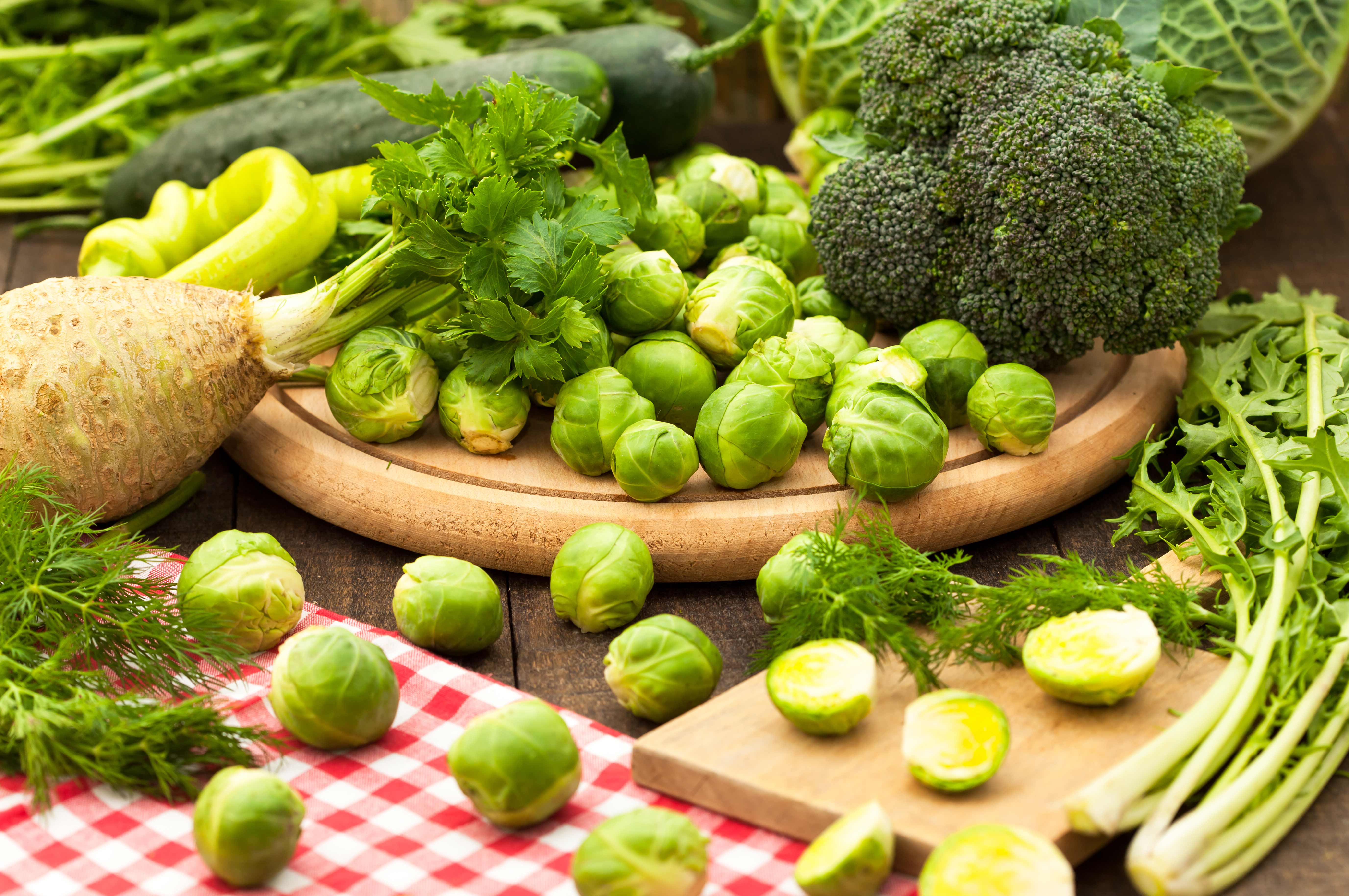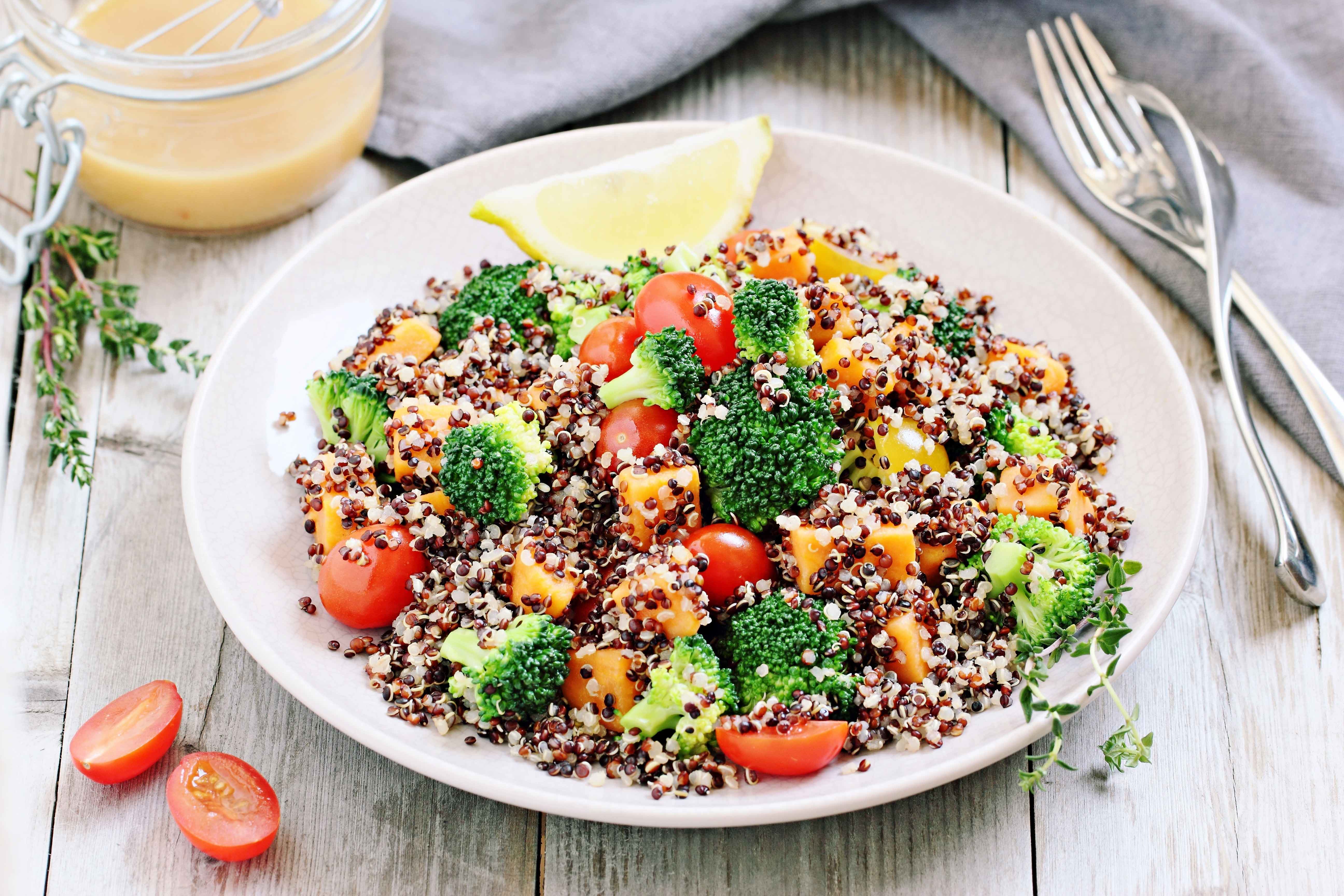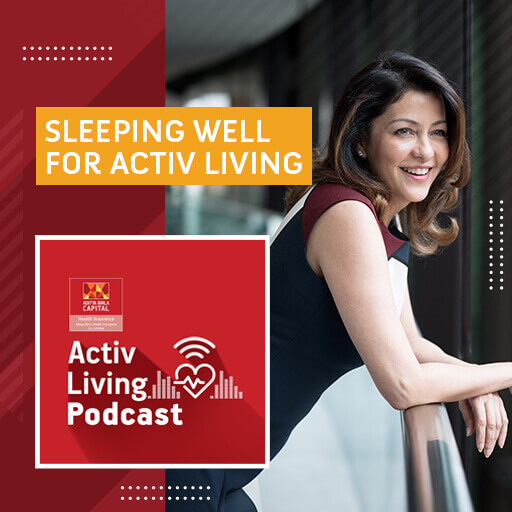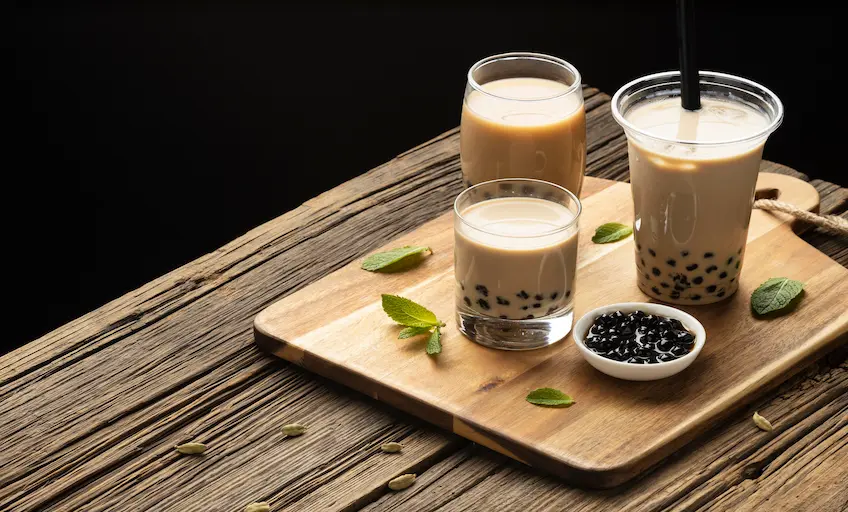In recent times, we’ve all heard the word veganism being thrown around everywhere. So what is it? Simply put, it is a way of life that actively seeks to avoid the consumption or use of food or products of animal origin.
While it is clear that vegans refrain from meat, fish, and poultry, they also do not consume dairy, honey, gelatin whey, fish oil, or even plant foods that have any kind of contact or treatment with animal products during their processing.
Although the expression came into existence in the early ’40s, the roots of veganism can be traced back over 2000 years. In the present world, people choose to be vegans for environmental, spiritual, health, or ethical reasons and most people who are vegans feel a deep sense of responsibility to contribute towards the establishment of a more humane and caring world.

Since veganism is directly linked with selective eating and food processing, it is very important for you to understand what you are getting into. In lack of suitable and complete knowledge or guidance, it is likely that you might develop nutrient deficiencies, like that of vitamin B 12 (Vit B12), vitamin D3 (Vit D3), and omega 3 fatty acids, at a later stage. Contrary to the common delusion that vegan diets may cause protein deficiencies, the real problem is that vegans eat too much protein. With a carefully planned and balanced diet, one can easily meet the daily protein requirements from lentils, tofu, tempeh, beans, nuts, and different seeds.
If you have decided that you want to go vegan, you’ll have to start by making sure the change is a slow and gradual one. It is important to plan in advance and work towards adding more plant-based foods while cutting on animal foods simultaneously. Keep assessing the progress and your comfort with the changes for a successful and stable transition.
While shifting base from the non-vegetarian or non-dairy vegetarian diets to a vegan diet, you must consider a few important points:
Vitamin B12:
This vitamin occurs naturally only in animal foods. Its deficiency causes symptoms like tiredness, constipation, loss of appetite, nerve problems, and depression in severe cases. In order to ensure that you have a sufficient dose of this important vitamin, add non-dairy milk and cereals fortified with this vitamin. You may also take vegan B12 tablets to avoid the symptoms.
Omega 3:
Upon the lack of practical diet planning, vegans might have poor omega 3 intakes and develop deficient omega 3 levels in their blood. Omega 3 fatty acids are linked to the prevention of heart disease and protect us against depression, ADHD, inflammatory disease, and allergies. Two tablespoons of ground flaxseed or flaxseed oil or algae-derived omega-3 supplements are best to avoid its deficiency. Other sources are seaweed, beans, mustard oil, chia seeds, and Omega 3 supplements.
Vitamin D:
Vegans are at a greater risk than vegetarians to develop a Vitamin D deficiency. A lack of this vitamin does not only weaken the bones but also increases the risk of muscle weakness, infertility, cancer, and multiple sclerosis. Our body can synthesize Vitamin D when exposed to sunlight, but in recent times the exposure rate has lowered, mainly for the urban population, due to the increased risk of harmful UV rays exposure. Vegans should, therefore, ensure sufficient Vitamin D intake through supplements like Vitamin D2 and Vitamin D3 supplements.
It is also important to learn to decode food labels and choose the food that is truly suitable to be merged with your vegan diet. Look out for ingredients like casein, whey, gelatin, tallow or suet, and carmine, cochineal, or cochineal extract, as all these have their roots in dairy or meat.
Powered by Healthcaremagic.com





 1800-270-7000
1800-270-7000









Hey there, I think your site might be having browser compatibility issues.
When I look at your blog in Safari, it looks fine but when opening in Internet Explorer, it has some overlapping.
I just wanted to give you a quick heads up! Other then that, fantastic blog!
Hello.This article was really interesting, particularly because I was investigating for thoughts on this matter last Thursday.
I have not checked in here for some time as I thought it was getting boring, but the last
several posts are great quality so I guess I’ll add you back to my everyday bloglist.
You deserve it friend 🙂
I read this post fully about the comparison of hottest and previous technologies,
it’s amazing article.
Its great as your other blog posts :D, appreciate
it for posting.
We would like to thank you all over again for the beautiful ideas you gave Jeremy when preparing
a post-graduate research as well as, most importantly, regarding providing all the ideas in a blog post.
In case we had been aware of your web site a year ago, i’d have
been rescued from the pointless measures we were selecting.
Thank you very much.
Excellent site you have got here.. It?s hard to find quality writing like yours these days.
I really appreciate individuals like you!
Take care!!
Nice post. I learn something totally new
and challenging on sites I stumbleupon on a daily basis.
It will always be interesting to read through articles from other writers and practice a little something from other
websites.
You made some decent points there. I looked on the internet for more
information about the issue and found most individuals will go along
with your views on this web site.
Would love to incessantly get updated outstanding
web blog!
Hi there, just became alert to your blog through Google,
and found that it is really informative.
I am going to watch out for brussels. I?ll be grateful if you continue this in future.
A lot of people will be benefited from your writing.
Cheers!
I like this web site very much, Its a rattling nice
berth to read and get info.
Does your blog have a contact page? I’m having problems locating it but, I’d like
to shoot you an e-mail. I’ve got some creative ideas for your blog you might be
interested in hearing. Either way, great website and I look forward to seeing it improve over time.
Some genuinely interesting details you have written.Assisted me a lot,
just what I was searching for :D.
The data mentioned within the post are several of the most beneficial accessible.
Usually posts some very interesting stuff like this. If you are new to this site.
Below you will discover the link to some web-sites that we assume you should visit.
Very useful content material. I’ve discovered your site by using Google and I am actually glad in regards to the information you provide inside your blog posts. By the way your blogs layout is slightly scratched on the Kmelon browser. Can be seriously good if you’re may correct that. Anyway maintain in the great work!
I am really impressed with your writing skills and also with the layout on your blog.
I have read some good stuff here. Definitely worth bookmarking for revisitingThis is the type of information that are supposed to be shared around the net. ..Thank you for any other fantastic article.
Hi there, just became alert to your blog through Google, and found
that it is really informative. I am going to watch out for Brussels.
I’ll appreciate if you continue this in future. A lot of people will be benefited from
your writing. Cheers!
It consists of good material.